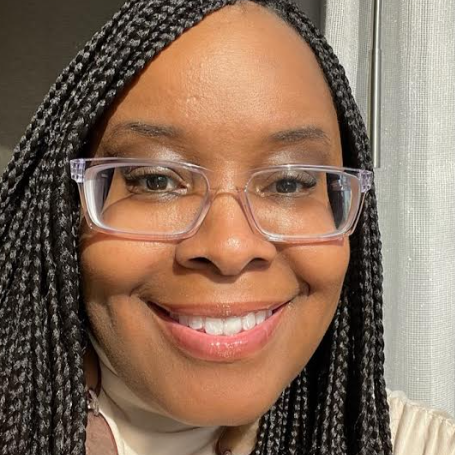
Paraprofessionals, also known as teacher’s aides or assistants, are essential members of school teams. They serve alongside teachers, often times those teaching special education, to ensure students’ educational needs are met. Often, paraprofessionals are required to be licensed to serve in school districts, and in some cases, they need a certain number of college credits. Despite the importance of this crucial role, paraprofessionals may feel overlooked and undervalued amid the hustle and bustle of everyday school operations. How can district and administrative leaders ensure paraprofessionals receive the support and recognition they deserve?
- Amplify gratitude.
There are several special days designated for paraprofessionals, including Paraprofessional Appreciation Day, held on the first Wednesday in April of each year, and National Educational Support Professionals Day, recognized on the Wednesday during American Education Week in November. Plan to celebrate paraprofessionals with luncheons, gifts and other expressions of appreciation. You can even invite students, teachers and staff to sign “thank you” banners that can be displayed prominently at the school. Districts considering options for recognizing paraprofessionals could implement Paraprofessional of the Month or Year initiatives similar to popular programs for teachers.
- Support learning.
Paraprofessionals wear multiple hats, but their primary roles require understanding the instruction and management of classrooms to best support teachers. At a minimum, paraprofessionals should have opportunities to attend professional development that includes sessions related to their direct support of teachers. District and school leaders can sponsor registration for local or regional conferences designed for paraprofessionals that helps them build the unique skills needed. It could even be at a smaller scale, like workshops that include paraprofessionals in the process, ensuring they feel their voices are heard.
- Leverage communications.
Social media is a great platform to highlight paraprofessionals and their service to schools. Dedicated posts featuring paraprofessionals could explore their backgrounds, roles and impact on school and district communities. Print or digital newsletters are additional options to feature them. Many districts have public relations departments that can support leaders seeking to recognize paraprofessionals through communication channels.
- Start small, think big.
Leaders new to recognizing paraprofessionals may choose to start small while planning for more intricate celebrations in the future. There are multiple ways to recognize paraprofessionals, including:
- Thank you cards
- Gift cards
- Surprise break times (with treats)
- Staff meeting shout-outs
- Certificates of appreciation
A small gesture can go a long way in showing paraprofessionals their hard work is invaluable. If there are no current plans in place to recognize paraprofessionals, now is the perfect time to highlight their significant contributions.
American College of Education offers education programs at all levels to support educator and educational leader professional development and career advancement.

